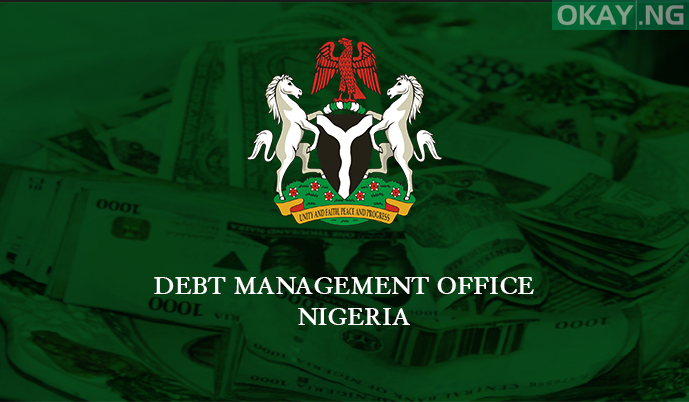Nigeria’s fiscal landscape is facing increasing strain as the nation’s debt servicing costs have surged by a staggering 68%, reaching a total of N13 trillion. This substantial increase raises serious concerns about the sustainability of the country’s public finances and its broader economic stability.
The rapid escalation in debt servicing, as reported by recent financial analyses, underscores the growing burden placed on the federal government’s resources. This allocation of funds towards servicing existing debt significantly limits the potential for investment in crucial sectors such as infrastructure, education, and healthcare.
“The sharp rise in debt servicing costs represents a significant challenge to Nigeria’s economic management,” stated a financial analyst, who requested anonymity. “It reduces the fiscal space available for essential public expenditures, potentially hindering economic growth and development.”
The data reveals that the federal government’s debt profile has expanded considerably over the past few years, driven by various factors including increased borrowing to finance budget deficits and infrastructure projects. While borrowing can be a tool for economic development, the escalating costs associated with servicing this debt are becoming a major point of contention.
One of the key concerns is the potential impact on the average Nigerian citizen. With a greater portion of government revenue being allocated to debt servicing, there’s less available for social programs and public services. This could lead to a decline in living standards and exacerbate existing economic inequalities.
The implications of this surge in debt servicing are far-reaching. Here’s a breakdown of potential impacts:
- Reduced Public Spending: Less funds for infrastructure, healthcare, and education.
- Increased Fiscal Strain: The government faces tighter budgets and potential for further borrowing.
- Economic Instability: Rising debt servicing costs can lead to inflation and currency devaluation.
- Impact on Citizens: Reduced social services and potential increase in poverty.
Read Also: Nigeria’s Debt Service Drops, IMF Assesses Sustainability Amidst Economic Reforms
As a result, it is crucial for policymakers to implement sustainable fiscal strategies to manage the nation’s debt effectively. This includes exploring options for revenue diversification, streamlining government spending, and promoting economic growth to enhance the country’s debt repayment capacity.
“Moving forward, it is essential for the government to prioritize prudent fiscal management and implement policies that promote sustainable economic growth,” a source close to the federal budget office commented. “This will help to alleviate the burden of debt servicing and ensure a more stable economic future for Nigeria.”
The situation necessitates a comprehensive approach, encompassing both short-term measures to manage immediate financial pressures and long-term strategies to ensure fiscal sustainability. The focus must be on creating a resilient economy that can withstand global economic fluctuations and secure a prosperous future for its citizens. I believe that open dialogue and transparent reporting on the nations finances is critical to building trust with the public.
It is vital that all stakeholders, including government agencies, financial institutions, and civil society organizations, work together to address this pressing issue. The future economic stability of Nigeria depends on it.













